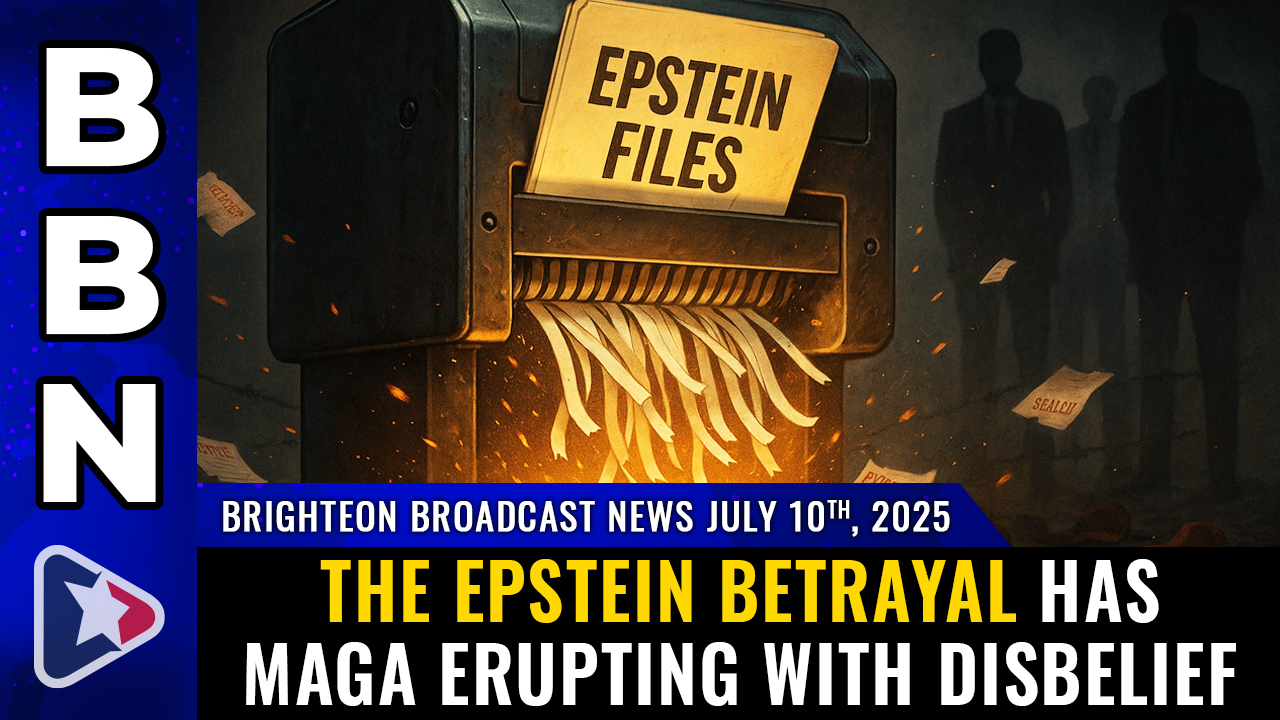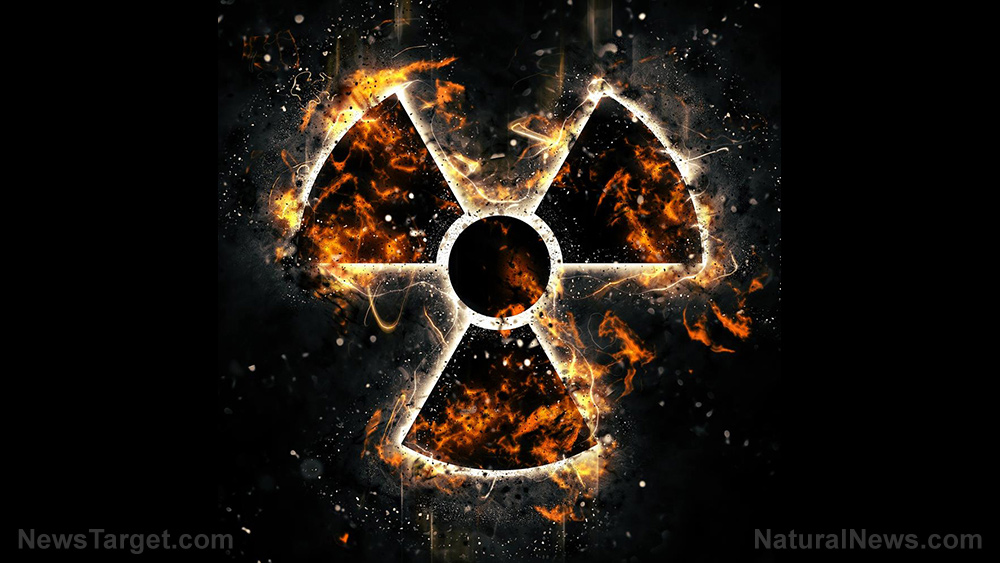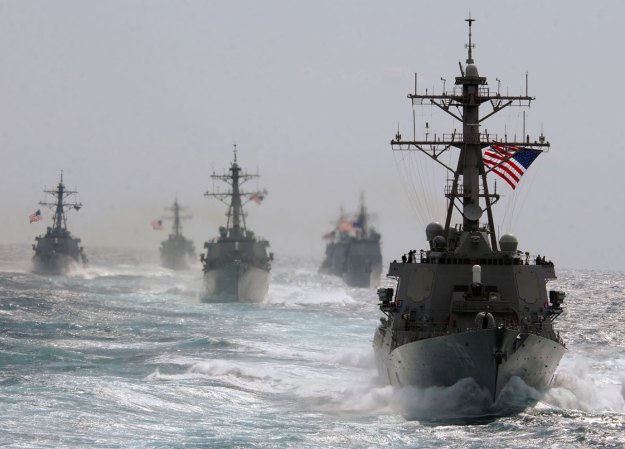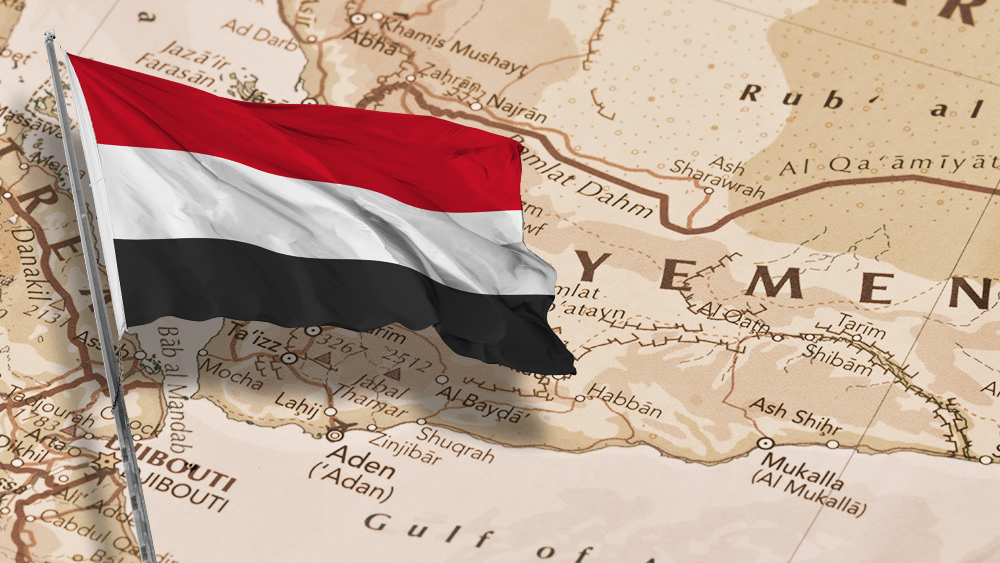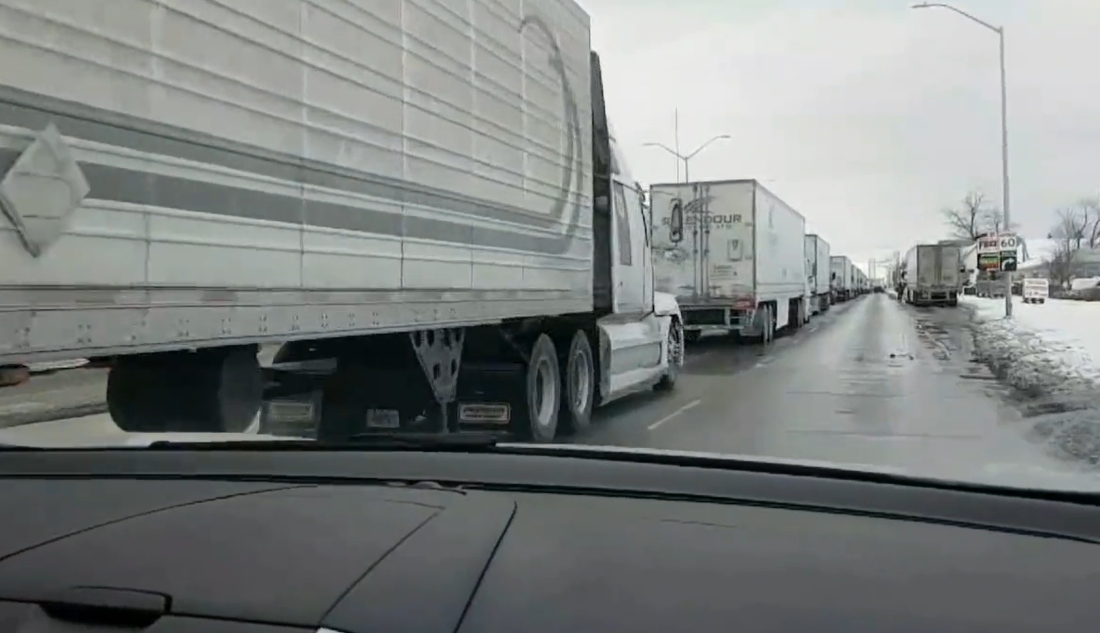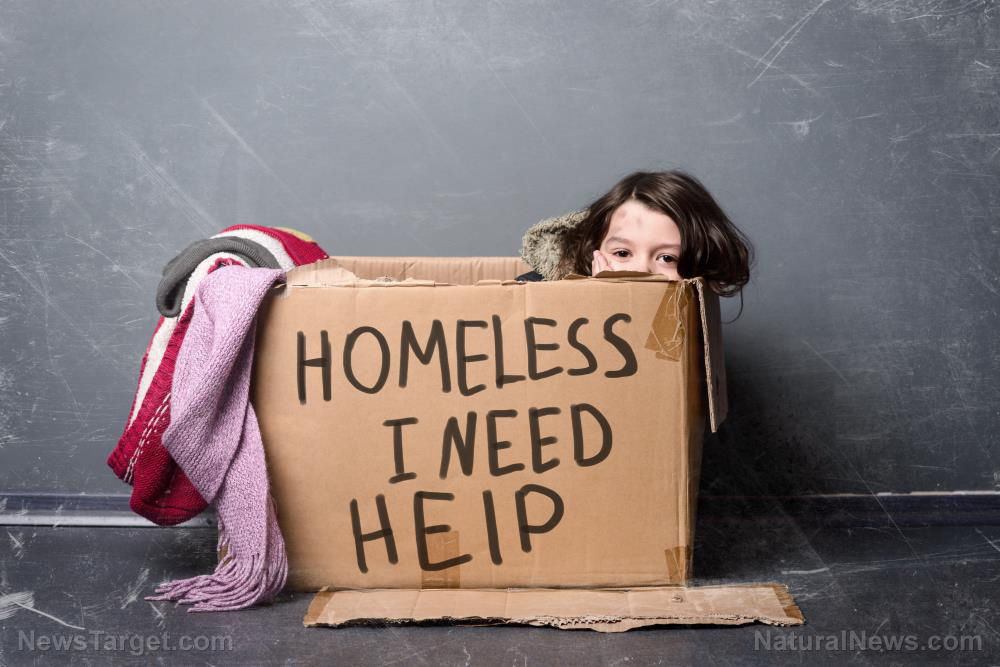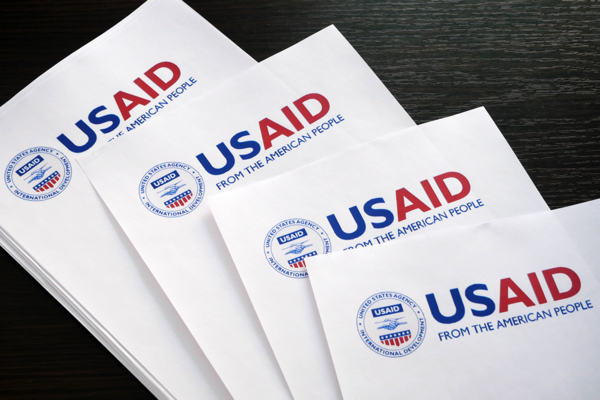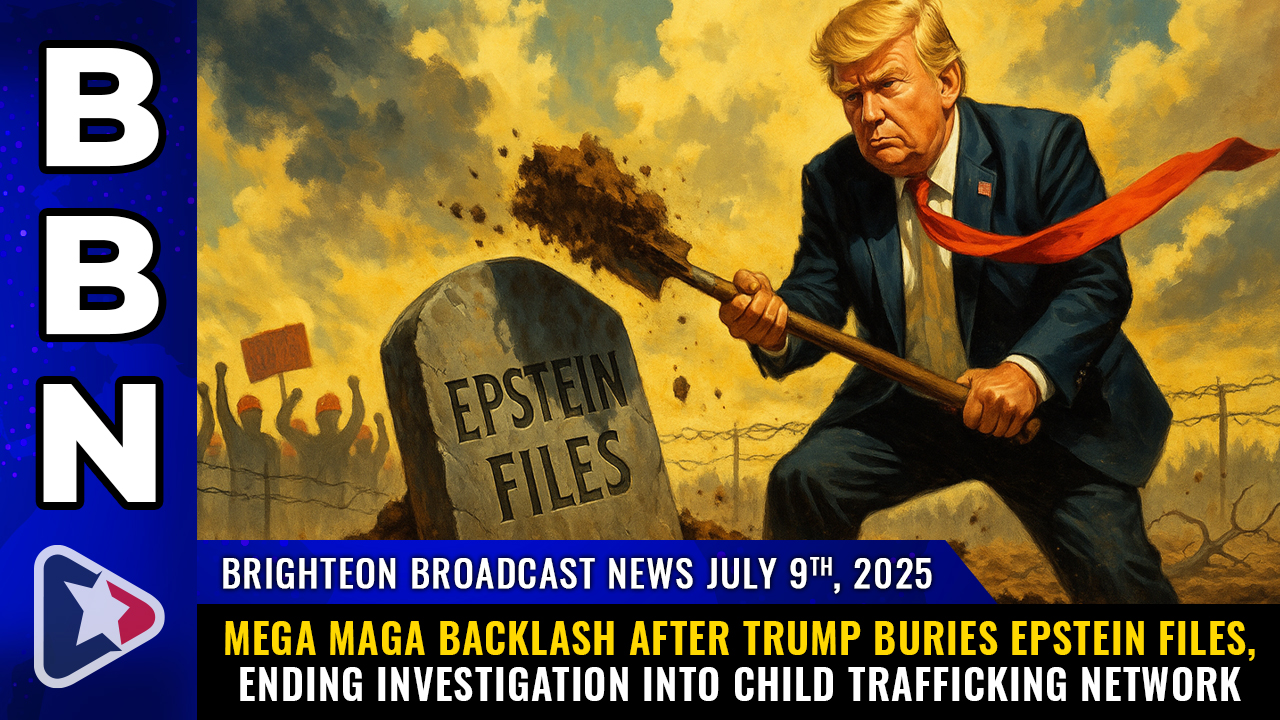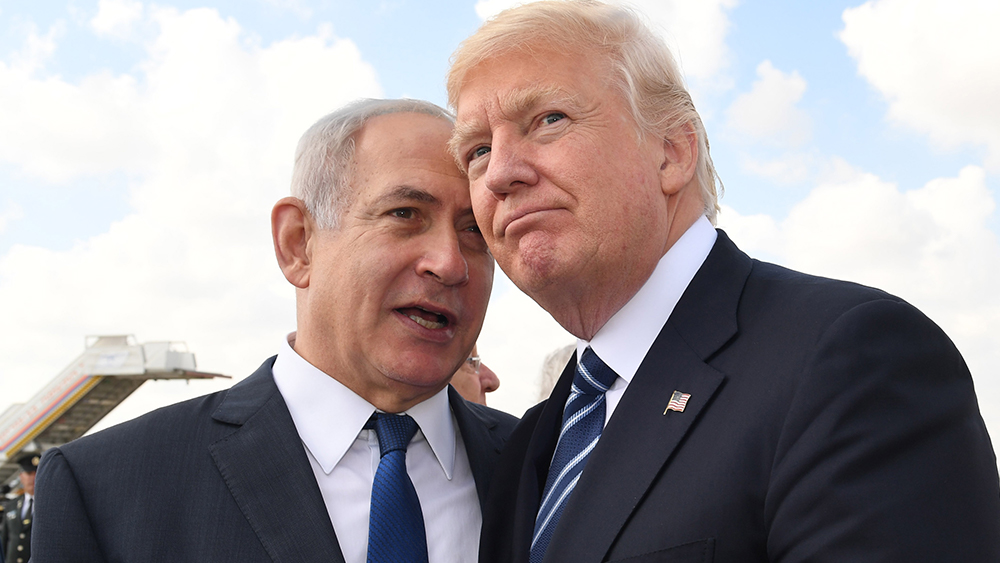Europe prepares for war economy mode, stockpiling minerals, food, and nuclear fuel amid rising threats
07/07/2025 / By Cassie B.
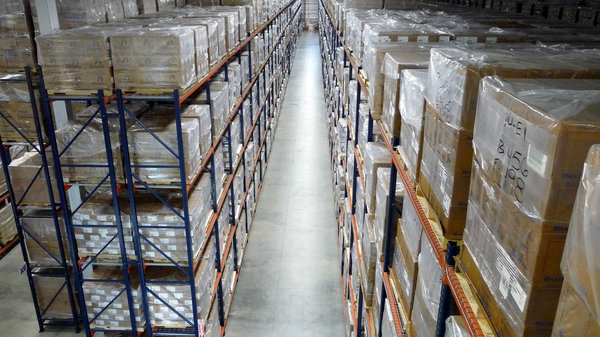
- The EU is shifting to a “war economy mode,” stockpiling critical minerals, food, medicines, and nuclear fuel amid rising geopolitical threats and supply chain fears.
- A leaked EU document reveals preparations for war, cyberattacks, and supply chain collapses, exposing a lack of trust in global stability.
- Russia’s sabotage risks (like Nord Stream) and potential attacks on EU nations are driving urgent stockpiling and NATO collaboration for crisis readiness.
- The EU plans tax incentives and shared reserves among member states, pushing private companies and households to prepare for long-term shortages.
- The strategy signals EU leaders expect severe crises, treating war preparedness as permanent policy, yet this shift is happening with little public debate.
The European Union is quietly shifting into “war economy mode,” accelerating its stockpiling of critical minerals, food, medicines, and even nuclear fuel as geopolitical tensions escalate and fears grow over supply chain sabotage.
According to a leaked European Commission draft document obtained by the Financial Times, Brussels is preparing for a “rapidly evolving risk landscape” marked by war, cyberattacks, and supply chain collapses, essentially admitting the West faces imminent threats to its survival.
The strategy, set for release next week, reveals that EU leaders are no longer trusting global supply chains and are instead pushing member states to hoard essentials like rare earth minerals, permanent magnets, cable repair modules, and nuclear fuel. This alarming pivot underscores a disheartening reality: Europe expects conflict, scarcity, and chaos in the near future.
Sabotage, cyberwarfare, and Russia’s shadow
The document warns of “hybrid and cyber threats” from state-sponsored hackers, citing recent attacks on underwater communication cables and gas pipelines in what is likely a reference to the Nord Stream sabotage. With German defense chief General Carsten Breuer recently predicting a Russian attack on an EU state within four years, Brussels is scrambling to armor itself against sabotage and war.
But stockpiling isn’t just about defense. The EU executive admits there’s “limited common understanding” of what’s truly needed in a crisis. This suggests governments have failed to prepare for worst-case scenarios, leaving civilians vulnerable.
From food to nuclear fuel: Preparing for collapse
The draft strategy urges member states to share backup reserves of food, medicine, and nuclear fuel while building EU-wide warehouses for critical goods. It even proposes tax incentives to pressure private companies into stockpiling, effectively mirroring wartime rationing systems.
Former Finnish president Sauli Niinistö, who advised Brussels on preparedness, argued that security must be seen as a “public good” akin to healthcare or education. His October report demanded minimum preparedness levels for crises like “armed aggression” or supply chain disruptions in an ominous admission that Europe expects both.
The EU’s March 2025 Preparedness Union Strategy already urged households to stash 72 hours of emergency supplies, but this new plan goes much further, envisioning long-term shortages triggered by war, cyberattacks, or infrastructure sabotage.
Despite existing emergency assets like firefighting fleets and field hospitals, the Commission admits current reserves are inadequate. Its new “stockpiling network” aims to coordinate stockpiles across 27 nations, ensuring governments and corporations maintain crisis-ready stock levels.
Interestingly, the EU wants NATO collaboration, hinting that NATO allies may soon pool resources, effectively merging civilian and military logistics. Some analysts worry this blurs lines between peacetime governance and wartime control.
Buried in the draft is another bombshell: Brussels will propose new budget allocations to fund this militarized stockpiling. This suggests EU leaders see war readiness as a permanent policy, not just a short-term fix.
Strategically, the plan mirrors past wartime economies where governments forced industries to prioritize ammunition, fuel, and raw materials, raising questions such as: Will this shift distort markets? Could shortages be manufactured to justify rationing?
Perhaps even more alarming is the lack of public debate about it. The draft could still change before publication, yet its existence proves Brussels expects a darker future.
A system in panic
The EU’s scramble to stockpile critical minerals, food, and nuclear fuel is not just about preparedness; it’s a desperate hedge against collapse. While the document avoids blaming specific adversaries, its warnings about state-sponsored hackers, Russia, and infrastructure attacks suggest Europe’s leaders fear an unavoidable showdown.
For citizens, the takeaway is clear: Governments expect crises worse than COVID or Ukraine. Stockpiling is no longer fringe advice; it’s now official policy, and whether it’s by war, sabotage, or supply chain failure, Europe is bracing for structural hyperinflation and scarcity.
Sources for this article include:
Submit a correction >>
Tagged Under:
big government, Collapse, European Union, Food storage, preparedness, rationing, SHTF, stockpiling, survival gear, WWIII
This article may contain statements that reflect the opinion of the author
RECENT NEWS & ARTICLES
COPYRIGHT © 2017 BIG GOVERNMENT NEWS




